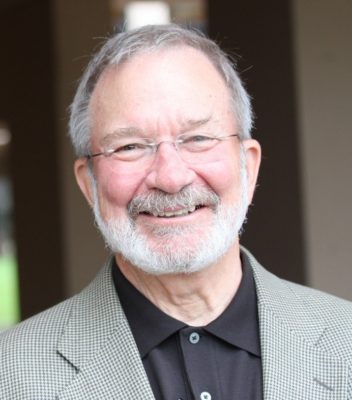Conference on Acceleration in Developmental Education (CADE):
2019 Mid-Atlantic Teaching & Learning Summit
Friday, November 8, 2019 8:30AM-3:00PM
The Community College of Baltimore County (CCBC) Catonsville Campus
Student Services (SSRV) 004
Questions: Contact Elsbeth Manler (emantler@ccbcmd.edu)
The Accelerated Learning Program’s (ALP) Mid-Atlantic Teaching and Learning Summit will bring together faculty and staff engaged in the work of acceleration in the Mid-Atlantic region to foster a strong and growing community of practitioners. As Developmental Education reform efforts continue to influence our classroom Best Practices, we apply new approaches to our teaching and institutional structures in order to best serve our students.
The first ALP Mid-Atlantic Teaching and Learning Summit will empower faculty and staff as leaders in addressing issues of student access, achievement, persistence, completion, and equity in teaching and learning through focused discussions and presentations geared towards sharing strategies and fostering a strong regional acceleration community of practice.
The ALP Mid-Atlantic Teaching and Learning Summit program will feature the following focused tracks: Addressing non-cognitive factors to promote student equity, Co-requisite courses, Online Acceleration, Equitable Assessment Practices, Placement Reform and Student Success Initiatives.
Registration will be available August 2019.
Keynote Speaker: Professor Emeritus Peter Adams

Professor Emeritus Peter Adams
After 36 years of teaching at the Community College of Baltimore County, Peter Adams retired in 2014. Over the years, his responsibilities at CCBC have included coordinating the writing program, chairing the college’s committee on general education, and chairing the English Department. In 1993, a longitudinal study he conducted revealed that only 33% of the students who were placed in the basic writing class one level down from first-year composition ever passed composition. Over the next decade or so, Peter developed, first, the concept of mainstreaming basic writers into first-year composition and, later, the model for redesign of basic writing now known as the Accelerated Learning Program (ALP). A Community College Research Center study in 2012 revealed that 74% of students who enrolled in ALP were successful in first-year composition, more than double the success rate under the traditional program. As of fall of 2017, CCBC has integrated reading and writing into ALP and scaled it up to almost 100%.
For the past eight years Peter has travelled extensively around the country presenting on ALP to individual schools and to state-wide gatherings, and he has conducted faculty development workshops for schools that have decided to adapt the ALP model. As of fall of 2017 more than 300 schools are offering sections of ALP, and 7 states have made large scale adoptions.
Peter has argued widely that higher education has not provided the resources or the priority needed to make developmental education the success it could be. He observes that the current structure of developmental education in America has resulted in the most marginalized students being taught by the most marginalized faculty in the most underfunded institutions.
